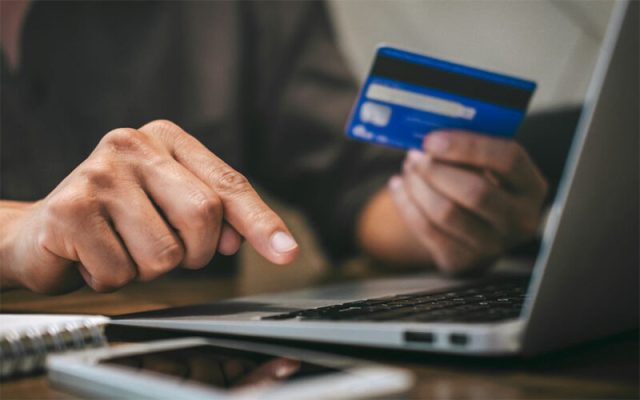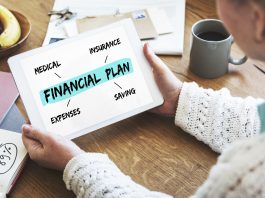Credit cards can be a powerful financial tool—but only if you use them wisely. For many people, a credit card starts off as a convenience and quickly turns into a debt trap. High interest, late payments, and poor credit habits can cost you thousands and damage your financial future.
The good news? Most of these issues are 100% avoidable.
In this post, I’ll show you the top 5 common mistakes people make with credit cards, and most importantly, how you can avoid them and use your card like a pro.
Mistake #1: Paying Only the Minimum Balance
Paying the minimum amount due may keep you from being labeled “late,” but it’s a trap. You’ll still be charged interest on the remaining balance—sometimes up to 30% annually.
Why It’s Bad:
You stay in debt for months or years
Interest keeps piling up
You end up paying double or triple the original amount
How to Avoid It:
Always pay more than the minimum—even if it’s just ₦5,000 extra
If possible, pay the full balance each month
Set up reminders or auto-pay to avoid forgetting
If your balance is ₦100,000 and you only pay ₦5,000/month, it could take years to clear—with interest! Avoid this mistake at all costs.
Mistake #2: Using Credit for Wants, Not Needs
It’s tempting to swipe your card for flashy items—clothes, gadgets, nights out. But if you don’t have a plan to repay it quickly, you’re spending borrowed money with high costs.
Why It’s Bad:
You end up paying much more than the item’s value
It creates bad spending habits
Your credit balance grows without income to match
How to Avoid It:
Use credit only for planned, necessary purchases (e.g., business tools, travel, emergencies)
Ask yourself: “If I lost my job today, can I repay this next month?”
Stick to a monthly credit spending limit (e.g., 20% of your income)
If you wouldn’t buy it with cash, don’t buy it with credit.
Mistake #3: Missing Payment Due Dates
Life gets busy—but forgetting to pay your credit card can ruin your financial health.
Why It’s Bad:
You’ll be charged late fees
Your credit score drops
It may trigger a higher interest rate
How to Avoid It:
Set calendar reminders or alerts on your phone
Activate auto-pay for the minimum due
Pay early if you have the funds
Even being late once can hurt your credit score significantly. Always pay on or before the due date.
Mistake #4: Maxing Out Your Credit Limit
Just because you can spend your full credit limit doesn’t mean you should. Lenders don’t like to see you using 90–100% of your available credit—it shows risk.
Why It’s Bad:
Increases your credit utilization ratio (bad for credit score)
Leaves you with no room for real emergencies
Higher balance = more interest if unpaid
How to Avoid It:
Keep your usage below 30% of your credit limit
If your limit is ₦100,000, stay under ₦30,000 for best results
Pay off charges as you make them (not just monthly)
High credit usage makes you look financially unstable—even if you pay on time.
Mistake #5: Ignoring Your Monthly Statements
Most people don’t read their credit card statements—they just look at the minimum due and move on. But you could miss fraud, hidden fees, or errors.
Why It’s Bad:
You might miss unauthorized charges
Overlook incorrect interest calculations
Stay unaware of rising debt
How to Avoid It:
Read your statement line-by-line once a month
Check for anything you don’t recognize
Dispute suspicious charges immediately
Your statement is a money mirror. Always check it.
Credit cards are neither good nor evil—they’re just tools. Whether they build your wealth or break your bank depends entirely on how you use them.
Recap: Avoid These Common Mistakes
Don’t pay just the minimum
Don’t swipe for fun or wants
Never miss due dates
Don’t max out your credit limit
Always read your statements
Use these tips, and you’ll stay in control, build your credit score, and avoid unnecessary debt.
Over to You:
Have you made any of these credit card mistakes before? What helped you recover?
Share your experience or questions in the comments—I’d love to hear from you!




